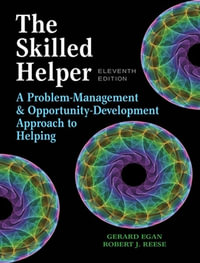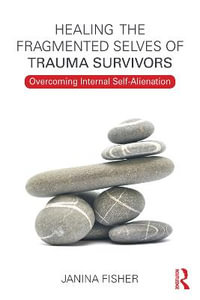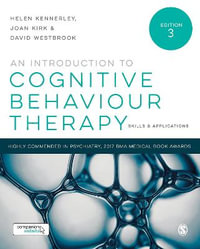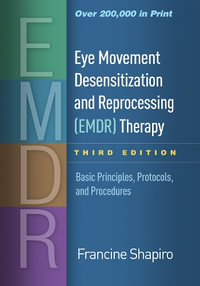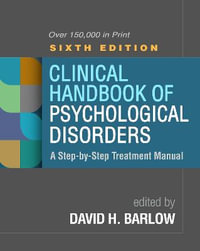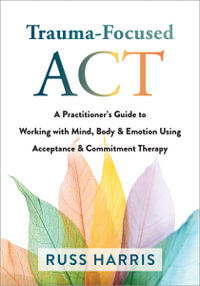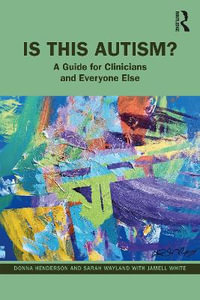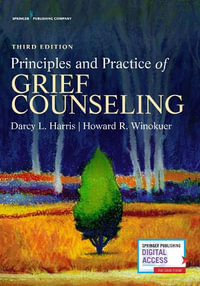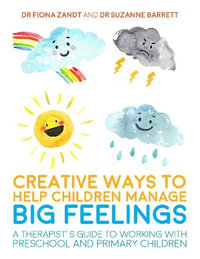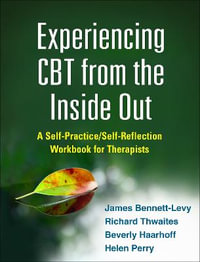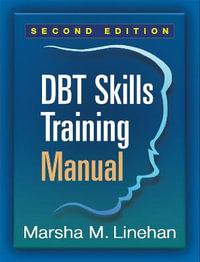Behavioral health practitioners who provide services to Muslim clients living in English-speaking territories, such as North America, Australia, and parts of Europe, need a resource to help guide them towards providing religio-cultrually competent care. Editors Sameera Ahmed and Mona Amer have gathered together authoratative contributors specializing in a variety of mental health care issues to compile the resource that is Counseling Muslims: A Mental Health Handbook. This text is unique in its broad scope, which reflects interventions at the individual and community level, and includes chapters that discuss persons born in the West, converts to Islam, and those from smaller ethnic minorities. This is the only guide pracitioners will need to access for inforamtion on effective service delivery.
About the Author
Sameera Ahmed, PhD, LP, is the Director of The Family & Youth Institute, Canton, Michigan. She is a Clinical Assistant Professor at Wayne State University, a clinical psychologist in private practice at Advanced Counseling Services, and a Fellow at the Institute for Social Policy and Understanding.
Mona M. Amer, PhD, is an Assistant Professor at The American University of Cairo, Egypt and former Editor-in-Chief of the Journal of Muslim Mental Health.
Industry Reviews
"This outstanding text is very timely. All of us in the mental health field need to learn more about counseling Muslims. The editors and authors of Counseling Muslims: Handbook of Mental Health Issues and Interventions have provided an extremely valuable text for all social workers, psychologists, and counselors in the 21st century. The book offers a thoughtful, well-written, and practical foundation for understanding Muslims, who constitute 23% of the world's population and an expanding portion of the U.S. population, although they are widely misunderstood. The book fills a major gap in our clinical knowledge and we should be grateful to the editor and authors for this rich and well-formulated challenge to much of the accepted wisdom about mental health, illness, and healing from the perspective of understanding Muslim clients." - Monica McGoldrick, PhD, LCSW, Director, Multicultural Family Institute; Adjunct Associate Professor, Clinical Psychiatry, Robert Wood Johnson Medical School, University of Medicine and Dentistry of New Jersey "Counseling Muslims is a valuable and outstanding contribution to the counseling literature on a timely topic. For a variety of reasons, Muslims in the United States and elsewhere have become an important ethnocultural and religious group that counselors and psychotherapists need to understand. The editors have assembled an outstanding group of scholars to provide a wonderful blend of scientific and clinically-relevant information in a handbook format. It is an amazing resource and should become required reading in the field." - Frederick Leong, PhD, Director, Consortium for Multicultural Psychology Research, Michigan State University, USA "During this post-9/11 period in which the Islamophobia and the fear of terrorism pervade our society, there is a real need to understand Muslims, who represent 23% of the world's population. This book on counseling Muslims is an exceptional contribution that helps to provide this understanding. Mental health students and professionals, as well as the general public, will find it amazingly insightful, informative, engaging, and challenging." - Stanley Sue, PhD, Professor and Director, Center for Excellence in Diversity, Palo Alto University, California, USA "This is an innovative collection of writings from authors who are well versed in the field either as scholars or practitioners. Each chapter provides a depth of understanding into clinically useful ways of understanding mental health practice with Muslim patients; and the book provides most helpful guidance to practitioners, students, and scholars alike. I find it user friendly, accessible, and practical." - John R. Graham, PhD, RSW, Murray Fraser Professor, University of Calgary, Canada "The need to address religion and spirituality in organizing and providing mental health services is becoming increasingly evident in most western countries. But there are few books that provide practical help for practitioners. This book provides mental health practitioners with a comprehensive text written specifically to help improve their services for Muslims whether through counseling and psychotherapy or more medically oriented psychiatric treatment. It covers a wide range of topics, abundantly illustrated with case studies and often includes direct practical advice. I think this book should be essential reading for mental health practitioners who deal with Muslim clients, but it could also interest educators and people involved in training mental health workers." - Suman Fernando, Psychiatrist, Visiting Professor, London Metropolitan University, UK "This text teaches practitioners what words to use, techniques to implement, and how to judge the success of interventions with Muslim clients. It is a practical, useful source of information that represents an important contribution to the psychotherapy field." - Harold G. Koenig, MD, Professor, Psychiatry and Behavioral Sciences; Director, Center for Theology and Health, Duke University Medical Center, USA




